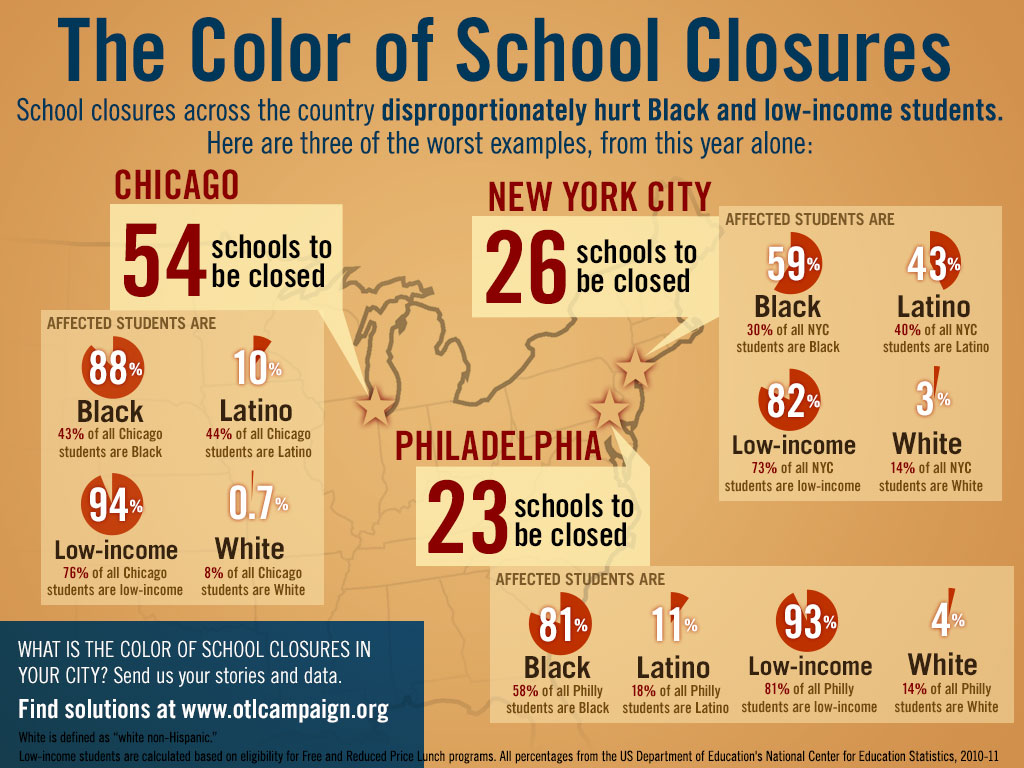School Closure as a Strategy to Remedy Low Performance

This brief investigates whether closing schools and transferring students for the purpose of remedying low performance is an option educational decision makers should pursue. The authors draw on a relatively limited evidence base that consists of peer-reviewed research studies and well-researched policy reports.
The authors conclude that school closures as a strategy for remedying student achievement in low-performing schools is a high-risk/low-gain strategy that fails to hold promise with respect to either student achievement or non-cognitive well-being. It causes political conflict and incurs hidden costs for both districts and local communities, especially low-income communities of color that are differentially affected by school closings. It stands to reason that in many instances, students, parents, local communities, district and state policymakers may be better off investing in persistently low-performing schools rather than closing them.
School Closure as a Strategy to Remedy Low Performance | National Education Policy Center:


